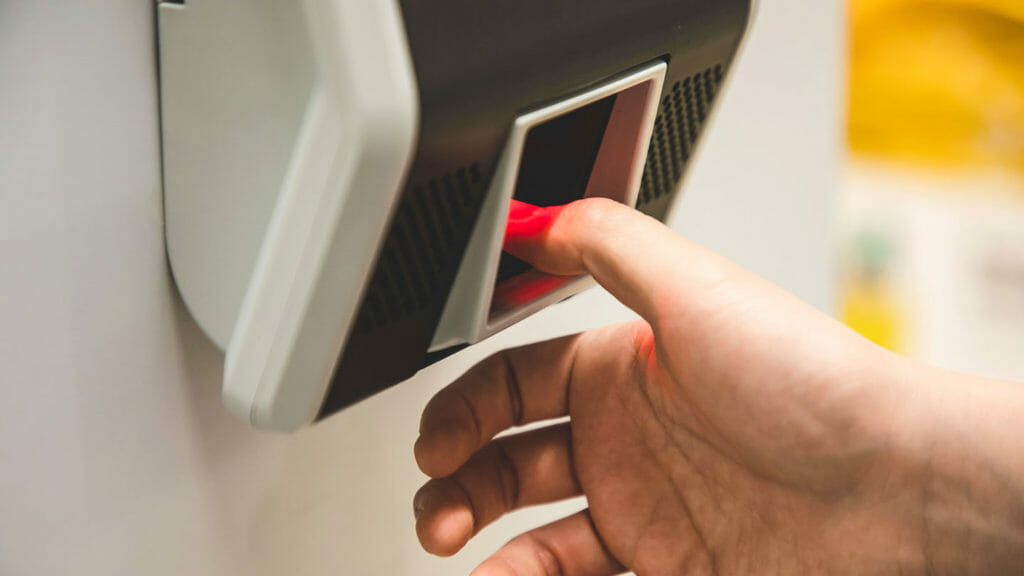
Legislation clarifying who needs to be fingerprinted to work at an assisted living community recently went into effect in Arizona.
House Bill 2049, signed into law in the spring by Gov. Doug Ducey (R), creates more specificity on what team members must be fingerprinted, according to Arizona Assisted Living Foundation of America CEO Karen Barno. She told McKnight’s Senior Living that providers ultimately agree on the importance of enhancing resident safety.
According to a member update from Arizona ALFA, the law requires employees and owners, contractors and volunteers of residential care institutions (assisted living), nursing care facilities and home health agencies who provide direct supportive services to have a valid fingerprint clearance card. Applications for fingerprint clearance cards must be made within 20 working days of the start of employment or the beginning of volunteer or contracted work.
The legislation also prohibits facilities from allowing employees, volunteers or contractors from providing services if they have been denied a fingerprint clearance card or had their card previously suspended or revoked. The Board of Fingerprinting can issue “good cause” exceptions to individuals if they work under the direct visual supervision of someone with a valid fingerprint clearance card.
The bill further defines “direct supportive services” as direct individual care, assistance with activities of daily living, transportation services, and janitorial, maintenance, housekeeping or other services provided in a resident’s room.
The law, which went into effect Sept. 24, was designed to clarify old law and affect residential care institutions (assisted living), as well as nursing care institutions and home health agencies, according to Arizona Health Care Association Executive Director David Voepel.
“As with any legislation, there were many compromises, but at the end of the day our goal was to clarify who needed to have a fingerprint clearance card,” Voepl told McKnight’s Senior Living. “Basically, anyone who has direct individual contact with a resident or patient will need to have a card.”




